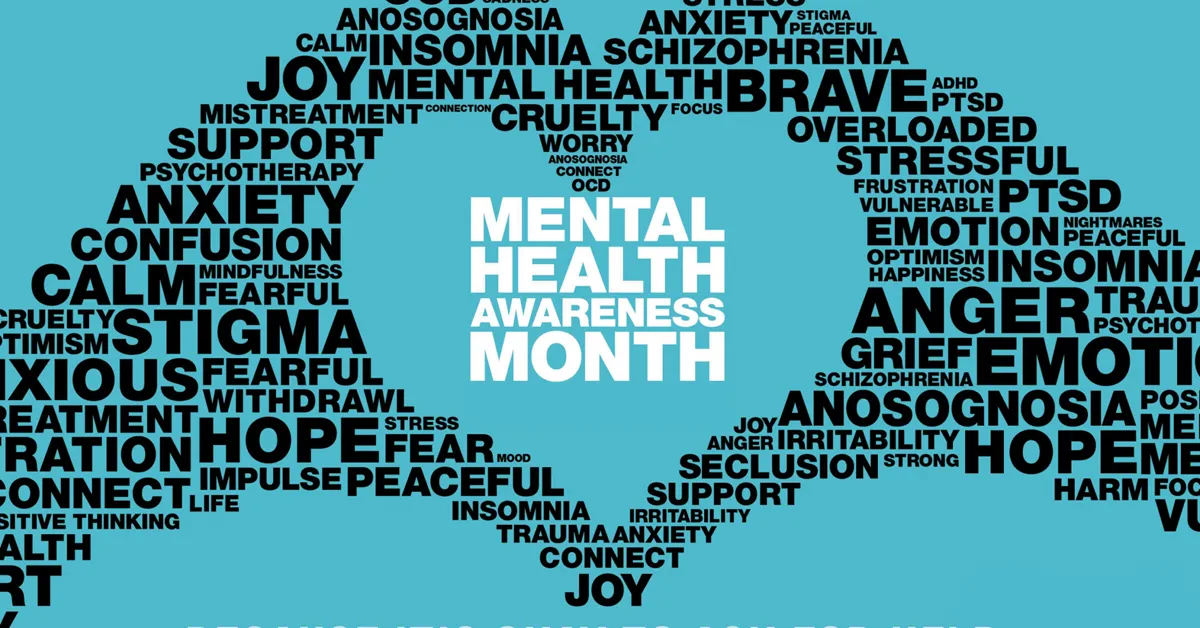As we approach the year 2023, there have been remarkable advances in mental health care practices and research. Building on previous knowledge and understanding of mental health conditions, innovative approaches including novel mental health treatments are being implemented to help millions of individuals around the world live better lives. In this article, we will explore some of these new directions in mental health for the 2023 outlook.
Mental Health Care Access Improvements
One of the most significant changes for mental health care in recent years has been an increased focus on access improvement. There are several ongoing initiatives that aim to make psychological support available to a broader range of people:
- Telepsychiatry: Telemedicine has proven extremely useful in breaking down geographical barriers for patients who need specialized care but live far from qualified professionals. In rural or remote areas, telepsychiatry can help provide timely and quality mental health services through virtual consultations.
- School-Based Mental Health Services: By implementing preventative strategies and early intervention programs within schools, children and youth can receive appropriate support before their issues escalate. This not only helps students but also makes it easier for teachers and parents to manage behavioral problems.
- Peer Support Programs: Drawing from lived experiences, peer supporters can offer valuable emotional support and practical advice to those navigating similar challenges related to mental health.
The Rise of Digital Mental Health Tools
In a modern world where technology plays a significant role in our daily lives, it is no surprise that digital tools have increasingly become integrated into mental health care practices. Several innovative options are now available for individuals to receive psychological support:
- Mental Health Apps: From stress management to depression relief, mental health apps cover various topics and are designed for different needs. These personalized tools can create tailored plans for users, recommend exercises to promote mental well-being, and even track progress over time.
- Virtually Augmented Exposures: For those struggling with phobias or post-traumatic stress disorder (PTSD), virtually augmented exposures use immersive experiences to help patients confront their fears within controlled settings. The graduated exposure helps them build resilience and overcome these anxieties over time.
- Online Cognitive Behavioral Therapy (CBT): As CBTs effectiveness has been consistently backed by research over the years, online adaptations of this therapy method have become more popular. Virtual sessions allow providers to reach larger audiences, thus expanding treatment accessibility.
Focus on Workplace Mental Health
With growing awareness regarding the impact of mental health on employee well-being and productivity, employers are taking proactive steps to promote a mentally healthy work environment. Major organizations have started developing comprehensive workplace mental health strategies that include:
- Mental Health Training Programs: By training managers and employees in understanding mental health challenges and stigmas they might encounter at work, these programs aim to foster environments where open discussions about these issues are encouraged.
- EAPs (Employee Assistance Programs): EAPs have been around for quite some time but are now being refined specifically along the lines of mental health support. These programs offer confidential counseling services and resources for employees struggling with various concerns, including stress, anxiety or depression.
- Work-Life Balance Initiatives: Acknowledging the role of a healthy work-life balance in improving overall mental well-being, organizations are developing initiatives to help employees achieve personal and professional satisfaction. Examples of such initiatives include flexible working hours, adequate vacation days and remote work options.
The Integration of Cultural Competence in Mental Health Care
Diversity and inclusion are crucial components of any mental health care practices. The integration of cultural competence allows mental health professionals to have a deeper understanding of their patients backgrounds and tailor treatment plans that best suit their needs. This move is designed to reduce disparities in access, quality, and outcomes among diverse populations.
Opening More Research Channels
The world increasingly recognizes the value of scientific research in reshaping human lives, and more research channels into mental health are being opened every year. Some notable areas currently under exploration include newer psychotherapeutic interventions (such as acceptance-based therapies), precision medicine for targeted treatment approaches (based on genetics) and cross-disciplinary studies exploring links between mental health and other fields like neuroscience or philosophy. This growing emphasis on mental health research underscores the importance of seeking professional support, such as marriage counseling in Cheshire, CT, to navigate relationship challenges with evidence-based strategies and interventions.
Conclusion
The future outlook for mental health care continues to improve with concerted efforts in expanding accessibility through digital tools, workplace initiatives, cultural competence training, school-based programs as well as continued investment in further research. The year 2023 holds much promise as innovative methods will be combined with core psychological principles to enhance patient experiences and ultimately lead us closer toward breaking down stigmas surrounding this vital aspect of human life.






